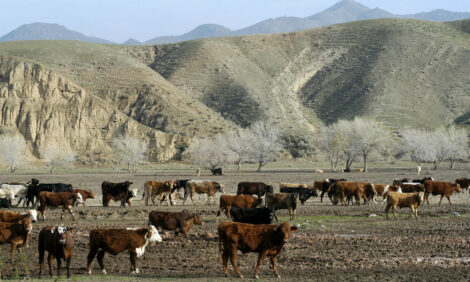



Watchdog declares clone food safe to eat
NEW ZEALAND - New Zealand food safety officials say meat and milk from cloned animals or their offspring are safe to eat."They are safe – there is no real difference between the non-cloned and the cloned animals," NZFSA policy director Carole Inkster said.
Details of the ruling – published on its website – are expected to stir debate over whether the public will want to buy meat or dairy produce from clones or their offspring.
Farmers can breed clones – genetic "twins" – of donor animals by having a laboratory take cells from an adult and fuse them with other cells before implanting them in a surrogate mother.
This allows animals with high genetic quality or monetary value to be "copied", such as when a bull turns out to be a top dairy sire.
The process has been used in New Zealand by AgResearch to save a breeding line of rare cattle from Enderby Island in the sub-Antarctic.
NZFSA has advised the Government there is no need for specific regulation of food from cloned animals or their offspring, because such food would be subject to the same safety rules as existing meat and dairy produce.
Ms Inkster said the authority had not made a comparative study of animal welfare issues in cloning.
A policy analyst at NZFSA, Chad Tustin, said negative effects of cloning on animal welfare had been documented, including increased birth weight and pregnancy losses – but many such problems also occurred at lower frequency in other assisted reproduction techniques such as in-vitro fertilisation and embryo transfer.
Source: Stuff.co.nz


